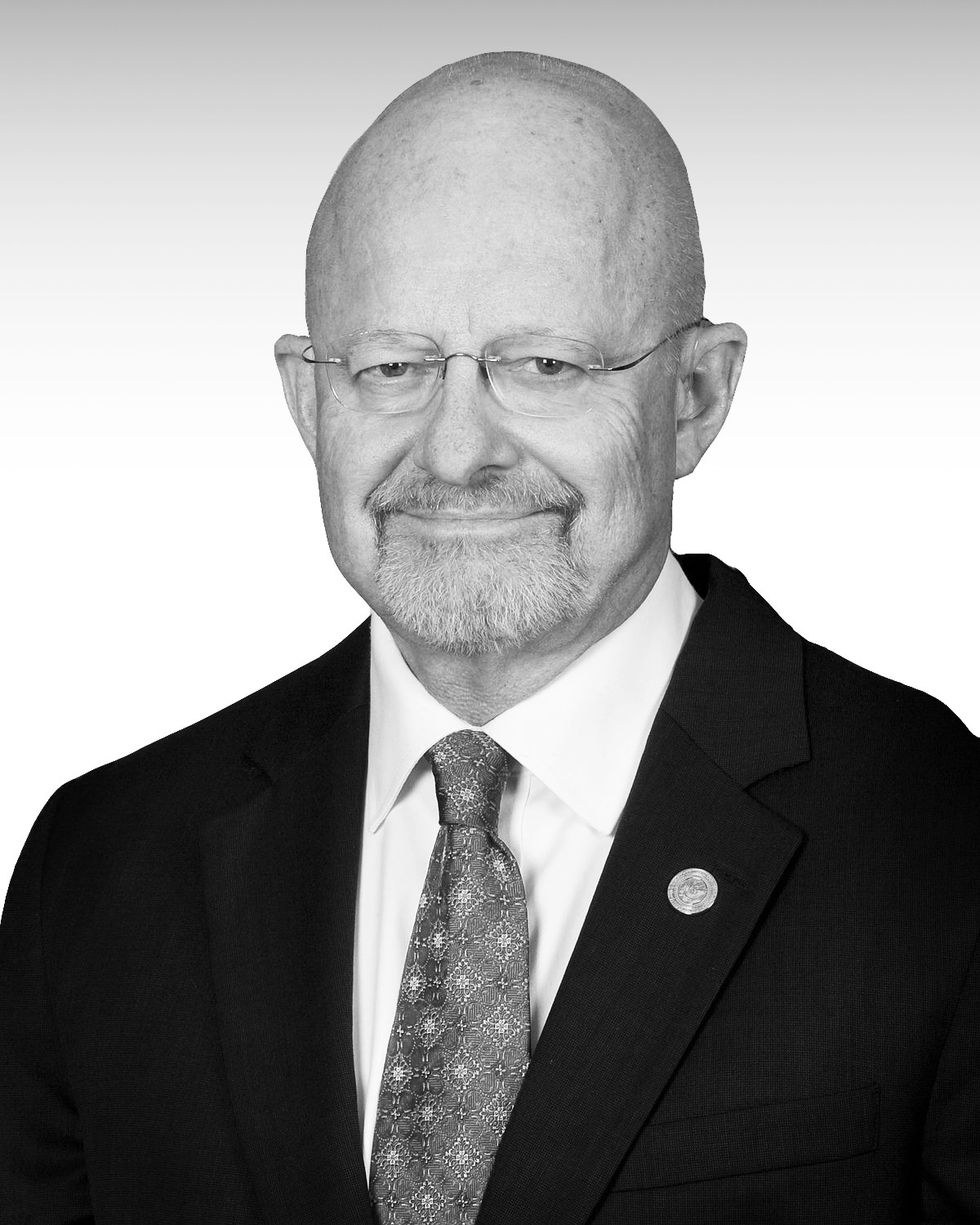As the world focuses on the Singapore summit between President Donald Trump and North Korean leader Kim Jong Un, the President’s Treasury Secretary announced sanctions against five Russian entities and three individuals for their ties to Russian cyber activities, prompting some to question the Administration’s mixed signals on Russia over the past seven days.
The announcement of sanctions came on the heels of President Trump’s unexpected suggestion last week that Russia to be reintegrated into the G7 group of world leaders. Russia used to be a part of the group - then called the G8 - but was kicked out in 2014 after it invaded Ukraine and annexed Crimea.
Just days before - and days after - the President made those remarks, members of his own administration were condemning Russian behavior and warning of the global divide that Russia is seeking to create, primarily via cyber attacks.
“The United States is engaged in an ongoing effort to counter malicious actors working at the behest of the Russian Federation and its military and intelligence units to increase Russia’s offensive cyber capabilities,” Treasury Secretary Steven Mnuchin said in a statement on Monday.
Mnuchin also cited Russian probing of undersea communication cables, i his explanation of sanctions being imposed against entities as well as individuals, saying “The entities designated today have directly contributed to improving Russia’s cyber and underwater capabilities through their work with the FSB and therefore jeopardize the safety and security of the United States and our allies.”
Treasury officials also listed previous Russian activities including unleashing the NotPetya computer virus targeting Ukraine, but spreading throughout the world, as well as cyber penetrations of the U.S. electric grid and laying the groundwork for potential destructive botnet attacks.
And just before the President’s comments on Russia and the G7, Director of National Intelligence Dan Coats said Russia was working to disrupt U.S. elections again this November, also accusing Russia of interfering in France, Germany, Spain, Ukraine and Norway’s political processes.
“The Russian threat in particular has awakened Europe to the need to reinvigorate NATO and bolster our collective defenses,” said Coats. “The Russians are actively seeking to divide our Alliance and we must not allow that to happen.”
The sanctions were a step in the right direction, according to traditional Trump critics, who saw the move as a good one on the part of the Treasury Department, but were frustrated by the lack of a coordinated government message against Russian behavior.
“The main thing was this didn’t seem to me that the left hand and right hand were coordinated here,” said former Director of National Intelligence James Clapper. “It seems incongruous to me on one hand to call for Russia’s re-inclusion in G7 while on the other hand, turn around and sanction them for their bad behavior, which is why they were kicked out of the G7 in the first place.”
“It’s kind of puzzling isn’t it, that Trump, on the one hand, is inviting people into the G7 and here’s Mnuchin piling sanctions on?” said Cipher Brief Expert and Former Acting Director of the CIA John McLaughlin.
Is it within the realm of possibility, however, that the mixed messages are a part of the President’s style? Could they be a good cop – bad cop approach to diplomacy? Or is it something else?
“I think the more likely explanation is that there is just a disconnect within the administration," said McLaughlin. "That is to say that people who have professional responsibility for dealing with Russia, and also for taking action against what they did with regard to our elections, that those people share a conviction that Russia is guilty of this and have a determination to do something about it. That is the more compelling explanation. Professionals in the government know what must be done, and they are prepared to do it. They know that Trump is not under their control and they choose to do what they know to be right, regardless of what he says.”
Sanctions as a deterrent
Whether the tough talk and sanctions are an outcome of professional policy, or a strategy by the President to offer both a carrot and a stick, will sanctions against Russia serve as any real deterrent to their activities?
Here’s how Cipher Brief Experts weighed in:
Rick Ledgett, Former Deputy Director National Security Agency
"I do believe sanctions are a step in the right direction. I’d like to see them be more aggressive, and to engage our international partners in doing so as well (although some of POTUS’s remarks may make that more difficult). The risk of cyber attack is increasing, but in a strategic vice tactical way. The Russians have been wildly successful with their cyber activities and so are incentivized to continue. The weakness of the sanctions will not deter them."
James Clapper, Former Director of National Intelligence
"What is the threshold for Russian change of behavior? I don’t know the answer to that. If you went so far as to cut them off from the International Financial System, that would be quite painful. The thing you always have to gauge when you impose punitive measures on another country, is at what point will they retaliate and can you absorb the retaliation?"
John McLaughlin, Former Acting Director of the CIA
"I don’t think they’re (sanctions) very effective at deterring a future Russian cyber threat. I think they’re good to simply demonstrate to the Russians that we know what they’re doing and that we’re prepared to take action. No one technique is the silver bullet here, but it’s that old phrase that everyone likes to use ‘whole of government.’ It takes an orchestra of these tools in your kit; sanctions, demonstrated military ability, diplomatic engagement all working together as well as a little luck thrown into the mix and maybe some trade offs that we can’t envision right now. What do they want from us that we can afford to authorize it?"
More on the Russian security mindset by Mark Kelton: https://www.thecipherbrief.com/another-russian-dossier-aka-moscow-always-done
Inside the Competitive, Corrupt World of Russian Intelligence: https://www.thecipherbrief.com/inside-competitive-corrupt-world-russian-intelligence
















